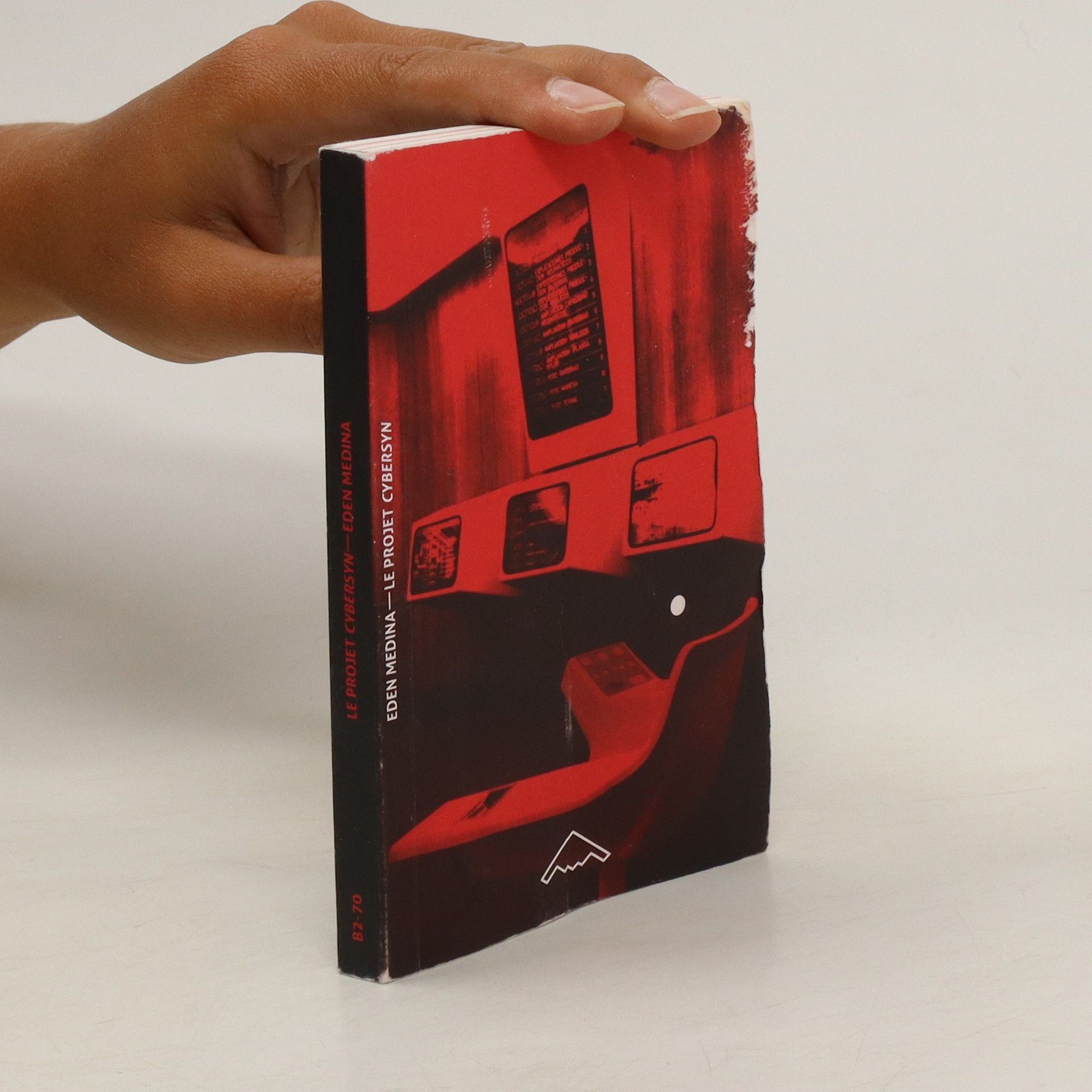De 1970 à 1973, la présidence de Salvador Allende (1908-1973) entendit gérer la transition de l'économie chilienne du capitalisme vers le socialisme. Sous la direction du Britannique Stafford Beer (1926-2002), “père de la gestion cybernétique” adoubé par Norbert Wiener, une équipe interdisciplinaire conçut les modèles cybernétiques d'usines du secteur nationalisé de l'économie, et créa un réseau informatique de collecte et transmission rapides des données économiques entre le gouvernement et les ateliers de production. Bien que jamais activée, sa salle de contrôle dessinée au sein du Palais présidentiel par Gui Bonsiepe (1934- ), étudiant de l'école de design d'Ulm (où il enseigna de 1960 à 1968), constituait la partie visible de ce dispositif ...
Eden Medina Books
Eden Medina leverages technology as a lens to understand historical processes, weaving together history, science and technology studies, and Latin American studies in her writing. Her work offers a unique perspective that illuminates the complex interplay between technological advancement and societal evolution. With a deep appreciation for cultural and social contexts, her scholarship provides insightful explorations into how technologies shape human history. Her interdisciplinary approach enriches readers with novel ways of comprehending both the past and the present.
